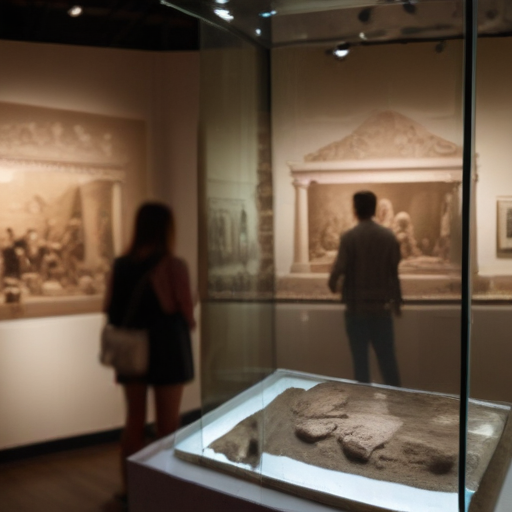The Related Group is facing significant criticism for its handling of archaeological artifacts discovered at a site of a long-buried Native American town in Brickell. The developer, which is in the midst of constructing two residential towers on the site, has offered to donate numerous ancient artifacts to universities across the country, a proposal that has drawn sharp rebukes from archaeologists, Native American activists, and at least one of the contacted institutions.
In response to public pressure, Related initially pledged in mid-2023 to work alongside Miami’s historic preservation program to create a long-term strategy for managing the archaeological finds from the Tequesta Indian village, which is believed to date back approximately 2,000 years. However, the company has since missed two deadlines for presenting a detailed plan to the city and indicated in recent public hearings that the process will take longer than expected.
Among the pressing questions that Related has yet to address is the permanent storage of an estimated one million artifacts unearthed during excavation, which is touted as the most comprehensive in Florida’s history. Additionally, there is uncertainty regarding how to facilitate research access to these rare items, and, importantly, who will bear the costs associated with storage and curation efforts. Although Related claims to have spent $45 million on necessary excavations, it has refused to cover these extra expenses.
Recent reports have indicated that Related has been reaching out to universities, including Florida Atlantic University and the University of Central Florida, to gauge interest in proposals for storing and curating the artifacts. However, approximately 2,000 “museum-quality” artifacts are being withheld for review by officially recognized tribal groups, emphasizing the sensitive nature of the findings.
Critics like Sabrina Agarwal, chair of archaeology at the University of California, Berkeley, have harshly condemned the proposal, arguing that the artifacts should remain within Florida to honor their origin and to keep them accessible to local tribes. This sentiment was echoed by local archaeologists, including University of Miami professor Traci Ardren, who has advocated for the site to be recognized as a historic landmark despite initial resistance from Related founder Jorge Perez.
The challenges escalate as city archaeologist Adrian Espinosa-Valdor asserts that it has been the intent from the beginning to keep all excavation materials local. Critics continue to call for stricter oversight on Related’s progress, insisting that any future developments should be delayed until a comprehensive plan is submitted.
Related has committed to continuing the work needed to preserve and exhibit the finds, promising a detailed architectural design for public exhibition spaces by March 2024. Archaeological consultant Bob Carr highlighted the significance of the discoveries, noting that they suggest a more extensive Tequesta settlement than previously recognized. Carr is also working on a broader initiative to connect indigenous sites along the Miami River through a projected “Tequesta Trail.”
This ongoing situation underscores the critical need for responsible stewardship of cultural artifacts and heightened collaboration with Indigenous communities. By ensuring local engagement and transparency, there is hope for a resolution that honors the past while contributing to education and cultural appreciation for future generations.
In conclusion, the coming months will be crucial for Related Group as it attempts to navigate community concerns, legal obligations, and the delicate balance of preserving a significant piece of Florida’s history. The commitments made to include local institutions and tribes would not only strengthen community ties but also honor the rich heritage represented by the artifacts.
